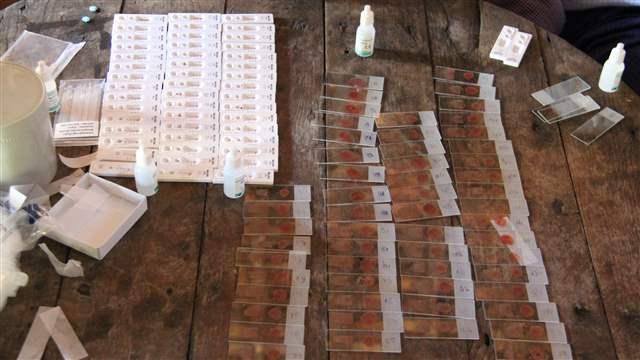Abstract
This study evaluates the economic consequences of a 1959–1960 malaria eradication campaign in southwestern Uganda. The effort constitutes a rare, large-scale, and well-documented attempt to eliminate malaria in sub-Saharan Africa and produced an immediate disease reduction. We use this quasi-experimental health shock to identify long-term changes in educational and economic outcomes. Comparing the treatment district to a similar synthetic control, we find malaria eradication raised educational attainment by about a half year for both males and females, increased primary school completion among females and generated an almost 40% rise in the likelihood of male wage employment.
The Brookings Institution is committed to quality, independence, and impact.
We are supported by a diverse array of funders. In line with our values and policies, each Brookings publication represents the sole views of its author(s).




